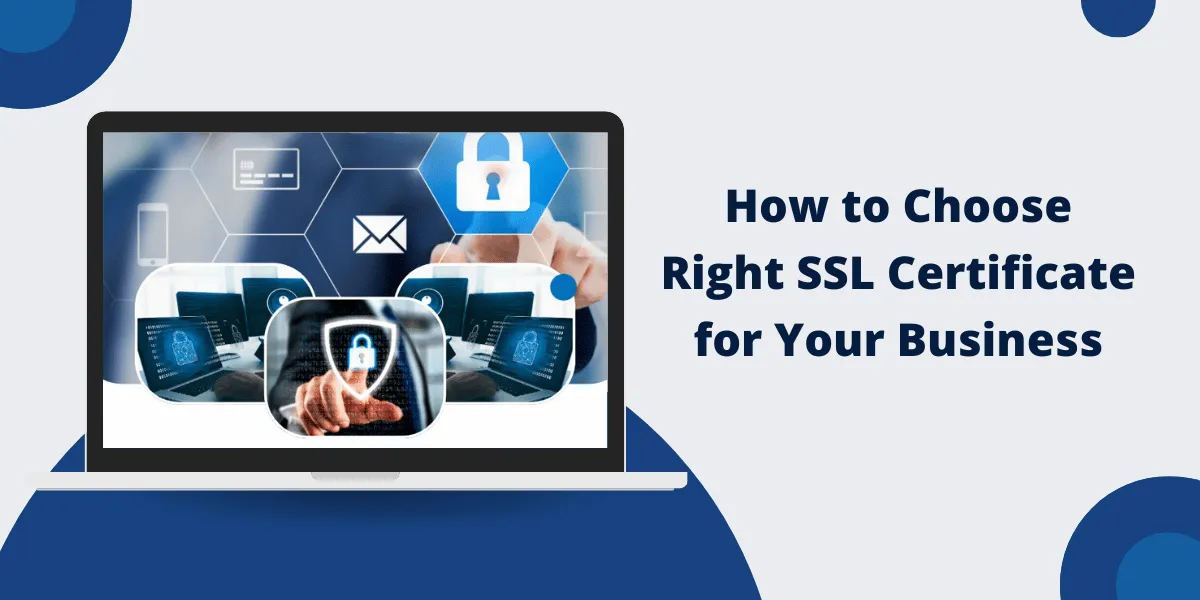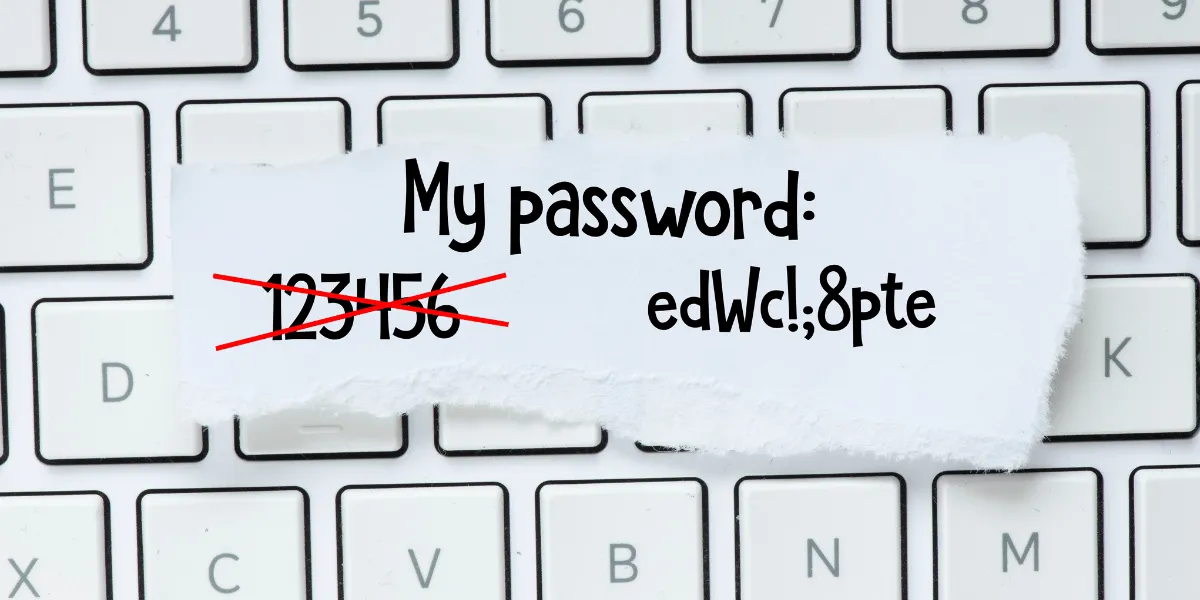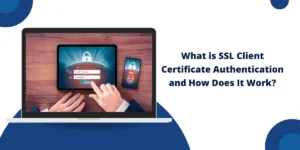Understanding the Basics of SSL Certificates
As our online presence grows, ensuring the security of your website becomes increasingly crucial. For many, the idea of securing a site might seem daunting, especially with various SSL certificates available. You might wonder which one best fits your business’s needs or how to navigate the options.
In addition to SSL certificates, using a virtual private network like PIA VPN for Utah can also improve your online security. It will safeguard your internet connection, making it more difficult for hackers to access your data. While SSL certificates protect the data exchanged between your site and its visitors, a VPN gives a broader layer of security for your overall internet activities which is particularly beneficial for businesses that handle sensitive information.
Don’t fret—this guide will simplify the process, breaking down the essentials to help you select the right SSL certificate with ease.
What Is an SSL Certificate and Why Do You Need One?
An SSL certificate is a digital tool that encrypts data exchanged between your website and its visitors. This means that any information, like credit card numbers or personal details, is protected from hackers. Having an SSL certificate is crucial for building trust with your customers, as it shows that you take their privacy and security seriously. Plus, search engines like Google give preference to secure sites, which can help improve your rankings.
What Are the Different Types of SSL Certificates?
There are several types of SSL certificates, each suited for different needs. Here’s a breakdown of the most common ones:
- Single-Domain SSL Certificates: This type secures one domain or subdomain. For example, if your website is www.example.com, a single-domain SSL certificate will secure this exact address. It’s ideal for small businesses or personal websites.
- Wildcard SSL Certificates: If you have multiple subdomains under one main domain, a wildcard SSL certificate is a great choice. It secures the main domain and all its subdomains, such as blog.example.com and shop.example.com. This is useful if you’re running a larger site with various sections.
- Multi-Domain SSL Certificates (SAN Certificates): For businesses with several different domains, a multi-domain SSL certificate allows you to secure up to 100 domains with one certificate. It’s a cost-effective solution for companies that manage multiple websites.
- Extended Validation (EV) SSL Certificates: EV SSL certificates provide the highest level of security and trust. They not only encrypt data but also verify your business’s identity. Websites with EV SSL certificates display a green address bar in the browser (in Old web browsers), making them stand out and reassuring visitors that their data is secure.
How Do You Decide Which SSL Certificate Is Right for Your Business?
Choosing the right SSL certificate depends on several factors:
What Type of Website Do You Have?
If you’re running a small business with a single domain, a single-domain SSL certificate might be sufficient. For a larger organization with multiple subdomains or domains, consider a wildcard or multi-domain SSL certificate.
What Level of Security Do You Need?
If your business handles sensitive customer information or online transactions, an EV SSL certificate can provide added security and boost customer confidence.
What Is Your Budget?
SSL certificates vary in price, so consider your budget when choosing. While EV certificates are more expensive, they offer enhanced security and can be a good investment for businesses that need to build trust with their customers.
How Do You Get an SSL Certificate?
Once you’ve decided on the type of SSL certificate you need, here’s a simple process to obtain one:
- Choose a Certificate Authority (CA): This is a trusted organization that issues SSL certificates. Popular CAs include Let’s Encrypt, DigiCert, and Comodo.
- Generate a Certificate Signing Request (CSR): This is a file you’ll create from your web hosting control panel. It contains information about your domain and company.
- Submit Your CSR and Validate Your Domain: The CA will need to verify that you own the domain and, if applicable, your business.
- Install the Certificate: After the CA issues your SSL certificate, you’ll need to install it on your web server. Your hosting provider can assist with this process if needed.
Final Thoughts
Choosing the right SSL certificate for your business doesn’t have to be complicated. By understanding the different types of certificates and considering your specific needs, you can select the best option to secure your website and protect your customers. Remember, investing in the right SSL certificate not only improves your site’s security but also helps build trust with your visitors. With the right protection in place, you can focus on growing your business with confidence.
Frequently Asked Questions (FAQs)
What are the different types of SSL certificates?
The main types are domain validation (DV), organization validation (OV), and extended validation (EV). DV just validates domain ownership, OV validates organization identity, and EV provides the highest level of verification.
Why is choosing the right SSL certificate important?
It’s important to choose the right type of certificate for your needs in terms of validation level and trust. The right SSL certificate helps secure your website and gives users confidence in interacting with it.
What factors should I consider when choosing an SSL certificate?
Key factors are validation level, browser/device compatibility, encryption strength, your business/website details, number of domains covered, reputation of the SSL provider, and cost.
How do I choose between a single domain, wildcard, or multi-domain certificate?
Single domain secures just one domain, wildcard secures unlimited subdomains, and multi-domain covers multiple specific domains. Choose based on number of domains that need security.
What is the difference between public and private certification authorities?
Public CAs provide certificates trusted by all browsers by default. Private CAs provide certificates mainly for internal use within organizations.
How often do SSL certificates need to be renewed?
SSL certificates are typically valid for 1-3 years initially. Renewing certificates regularly is important to maintain security and avoid errors.

Priya Mervana
 Verified Web Security Experts
Verified Web Security Experts
Priya Mervana is working at SSLInsights.com as a web security expert with over 10 years of experience writing about encryption, SSL certificates, and online privacy. She aims to make complex security topics easily understandable for everyday internet users.



